Baeocystin: an ignored magic mushroom compound
Baeocystin was first isolated by Leung and Paul in 1968 from the mushroom Psilocybe baeocystis (hence the name). Other researchers later isolated it from Psilocybe semilanceata, Panaeolus renenosus, Panaeolus subbalteatus, and Copelandia chlorocystis. Jochen Gartz refers to a report that “10 mg of baeocystin were found to be about as psychoactive as a similar amount of psilocybin.” Although the presence…



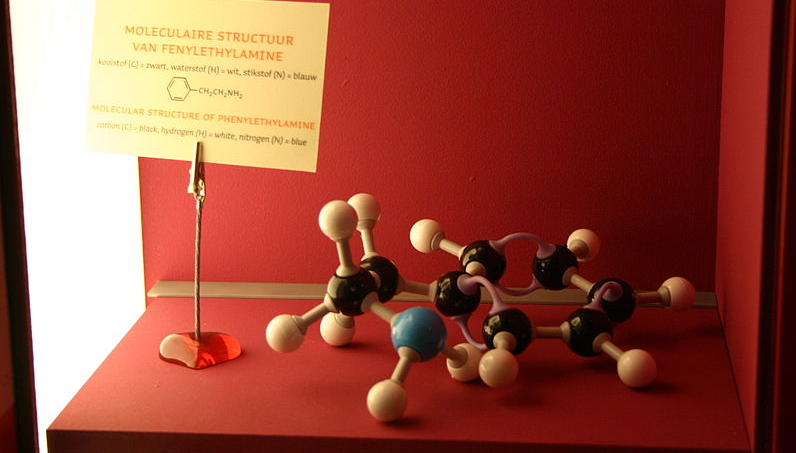
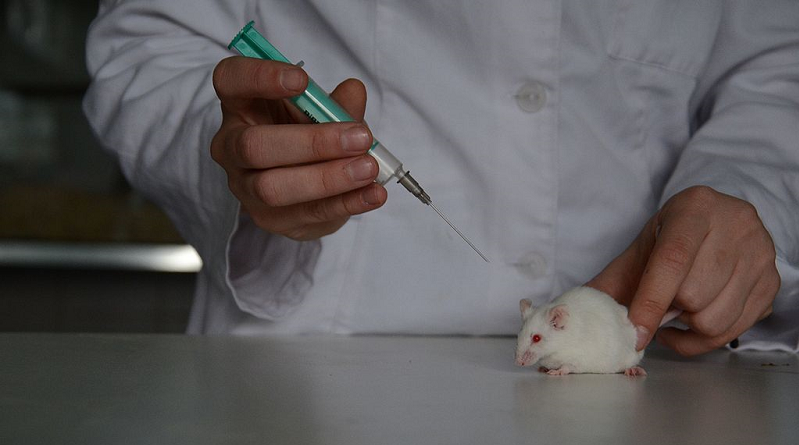
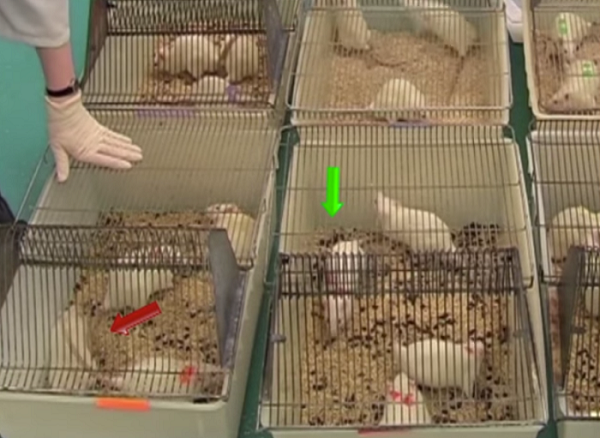

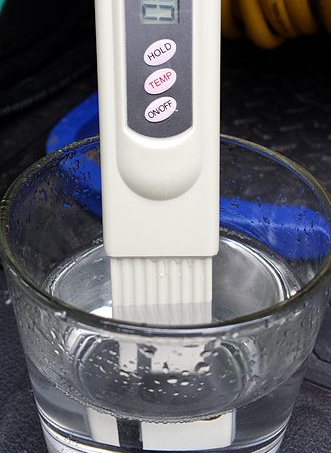
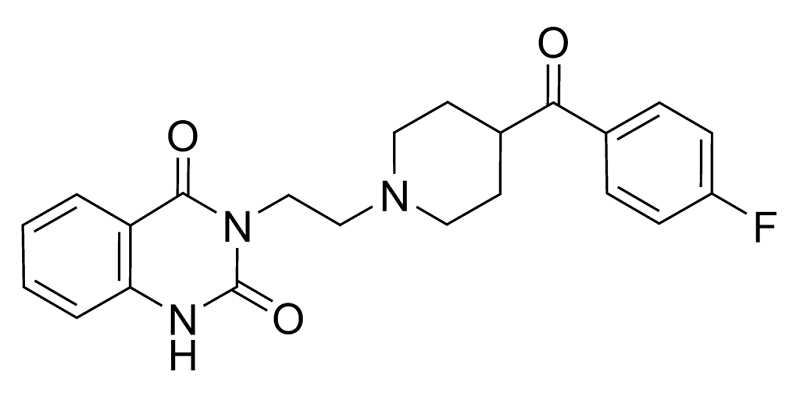
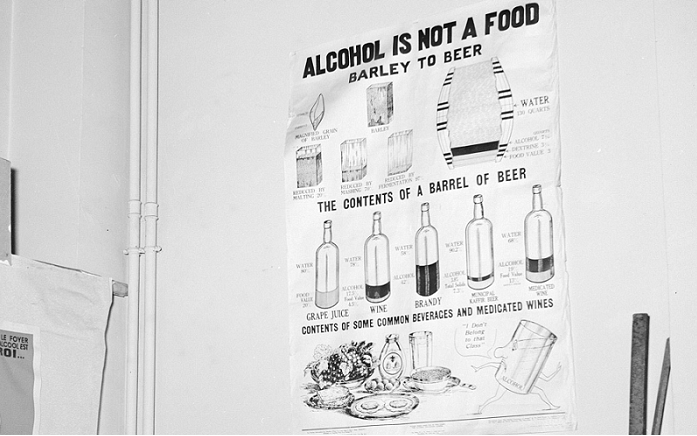

Recent Comments